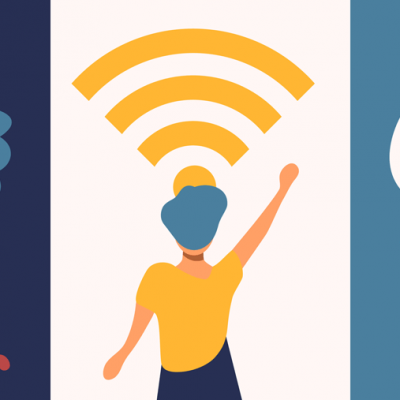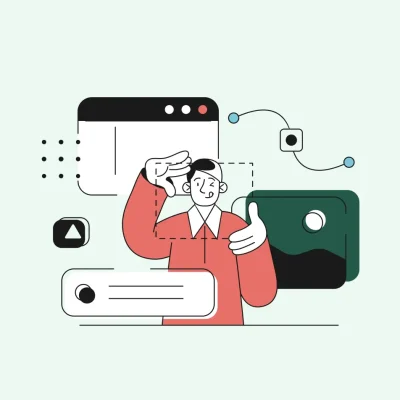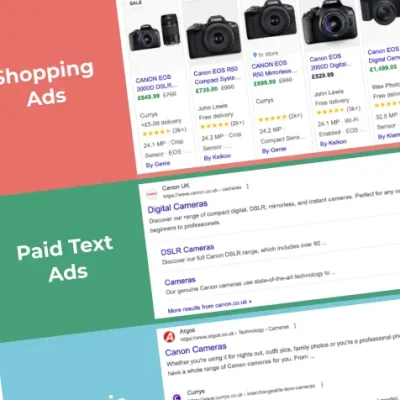Anyone who watched Netflix’s The Social Dilemma this month might have found themselves checking their average daily screen time, and they’d be right to. You better check yours now.
The conversation around the disruptive social potential of technology and social media is not a new one, with data-collection scandals such as Cambridge Analytica, statistics on mental health, and misinformation / fake news (to name a few) all daring us to confront social media with a critical eye. But this documentary – led by Silicon Valley minds such as former design ethicist at Google Tristan Harris, and co-creator of the Facebook “like” button, Justin Rosenstein – confirms that such technology companies are actively chasing our physiological tendency to addiction, in order to profit, and exposes social media’s potential to disrupt our democratic rights.
This is the first time that the seemingly obvious points – technology as dystopia, media and brainwashing – have been fed to the masses in a convincing documentary, and is now a forerunner of mainstream conversation about tech. The documentary has taken viewers to a new level of panic, asking people to delete their social media accounts on the premise “how can you wake up from the Matrix, when you don’t know you’re in the Matrix?”
It is more than somewhat ironic that the documentary is aired on Netflix, the online streaming platform which achieves its success through manipulation of the Attention Economy. And while it might work for a while, as people determinedly delete their social media accounts, I can’t see this bringing platforms to a steady halt. More likely, people will be re-downloading their apps as soon as they need to reconnect with someone, introduce a new market, or sell a product. In the same way, The Social Dilemma is not all doom and gloom: it sees a technological future and calls for a new approach to the conversation around technology, one that demands humanity and ethical responsibility.
Which brings us to our social dilemma: what does this global conversation mean for digital marketing strategies? Businesses nowadays cannot denounce their social media presence entirely without risk of losing out to their market competitors. As the runaway train hurtles down the track, the livelihoods of many of our businesses depend upon jumping on it, or else getting left behind.
Instead, then, it might be an idea to re-examine the pros and cons of the social media sites that you or your business uses. Is it necessary to be on six platforms? Could you limit it to only the relevant ones? Is that Twitter and Linked In, or Facebook and Instagram? Social media companies work by ensuring that you are the product (as the saying goes, if you’re not paying for a product, you’re the product). So, if you want to be making the most of social media marketing, chances are you’ll need to give it a budget – make sure this is necessary and worthwhile. It is also probably worth thinking about how strategies used by social media giants might be affecting your own employees. They are at the mercy of this too, might they be scrolling against their will, wasting time? In short, which platforms are worth paying for, and how can you make sure you navigate them ethically and efficiently?
If you’re anything like me, you will think that the conversation around social media doesn’t apply to you, that you’re under control and not giving any unwanted attention to platforms, and that your business isn’t affected. But next time you find yourself checking your Gmail account for no particular reason, or getting an unnecessary notification and opening it, think again. In this world, we are all affected by social media, directly or indirectly, no matter how connected we are. The internet is a force for good, and can remain so if we channel it correctly. We just need to be more mindful of how we use it (and how it uses us).



